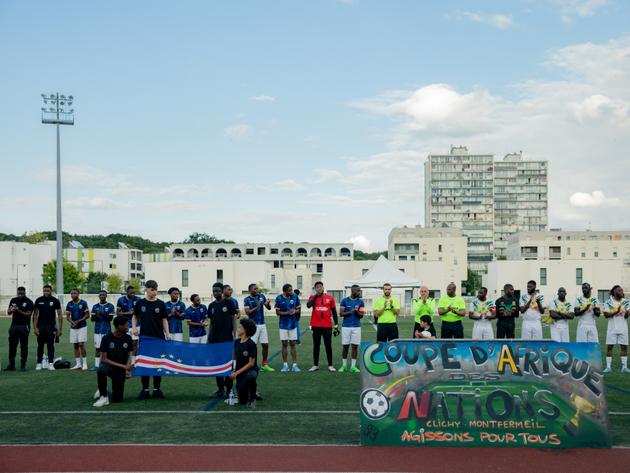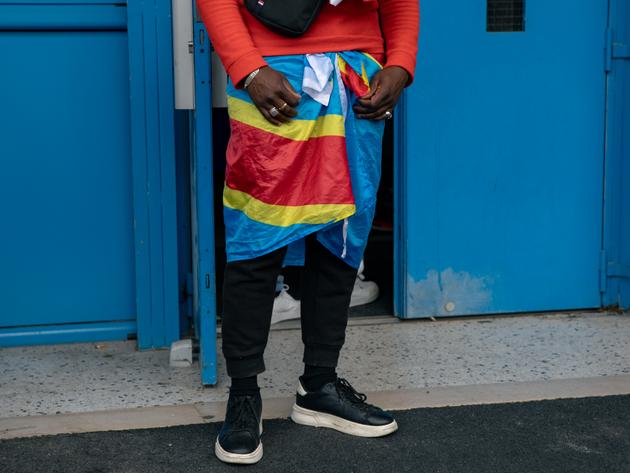


'I'm not afraid, I'm fed up': Resignation takes hold in French working-class neighborhoods
FeatureMany people living in France's working-class neighborhoods say far-right ideas are already widely prevalent in the country. Some say this time, they won't go out to vote in the snap elections on June 30.
Resignation, fatalism, weariness. More than any other feeling. More than anger. More than fear. More than the desire to fight it out at the ballot box on June 30 and July 7 in the early parliamentary elections. At least for now. In French working-class neighborhoods, the results of the European elections, with the far-right Rassemblement National candidate in the lead, came as no surprise. While the announcement of the dissolution of the Assemblée Nationale did shock some, it was not to the point of creating any panic or large-scale mobilization.
"The game is over!" That's how Coumba Coulibaly summed up the country's political situation. "It was written, it's over, the far right in power, it was only a matter of time," said the 36-year-old, at the churro stand she runs with her older sister at the Henri-Barbusse stadium in Clichy-sous-Bois, in Seine-Saint-Denis, northeast of Paris, on Wednesday, June 12, the evening of the launch of the 2024 National Neigborhoods' Cup, formerly known the Neighborhood's African Cup of Nations (AfCON), a popular football tournament in Paris suburbs pitting teams against each other according to the players' countries of origin. It is a joyous, good-natured celebration of diversity and living together according to some; a symbol of the failure of integration and a return to identity-based communities according to others. "What are they going to do to us that we haven't already done to ourselves?" asked Coulibaly. "They're not going to be able to kick us all out in a few years, so what?"


Many people living in working-class neighborhoods say that far-right ideology won the match some time ago. The European elections merely confirmed a reality they say they experience every day. They cite discrimination, racist insults, geographical segregation, government rhetoric toward Muslims, political discourse on working-class neighborhoods and their youth accused of being "delinquents," the recent immigration law, and the 24-hour news channels. "It's been a while now that the parties, whether [right-wing party] Les Républicains or Macron, have been surfing on their themes: immigration, Islam, secularism...," said Diatta Marna, 36, a headhunter for a European recruitment firm and coach of Guinea's team at the neighborhood cup. "So yes, the far right is going to come to power, it's inescapable. I've resigned myself to it."
'I end up not feeling French anymore'
In May, Coulibaly was called "dirty Black" in the metro. A few weeks earlier, one of her colleagues was also insulted using a racial slur: "Sale Nègre." "These are words we hadn't heard for decades, words we weren't allowed to say for decades, words we're hearing again," said the young woman, referring to the possibility of leaving France for her parents' country of origin, Mali.
You have 55.83% of this article left to read. The rest is for subscribers only.
